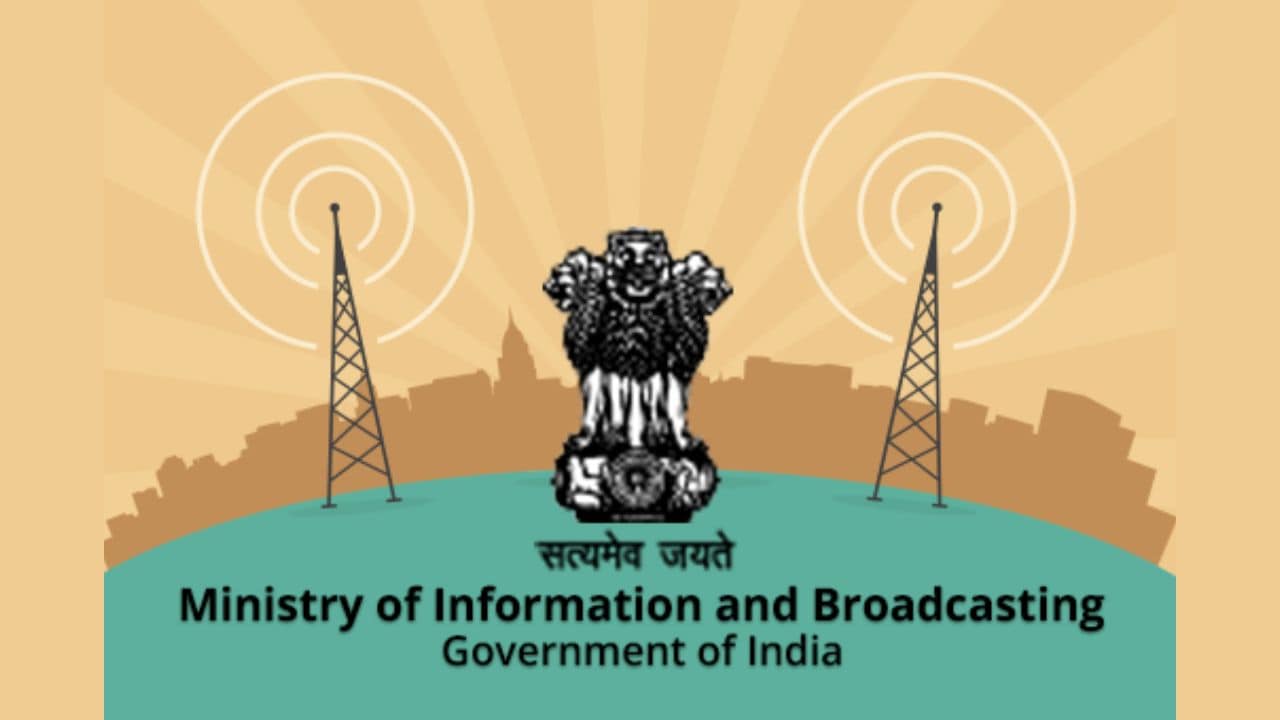The Ministry of Information and Broadcasting (MIB) issued an advisory on Wednesday, directing OTT platforms to comply with regulations and refrain from publishing obscene, pornographic, or vulgar content on online curated content (OTT platforms) and social media. This is second advisory issued for OTT platforms by MIB in last two months.
This advisory was prompted by recent controversy surrounding India’s Got Latent. The ministry stated that it has received concerns from Honorable Members of Parliament, statutory organizations, and public grievances regarding content on OTT platforms which spread obscene, pornographic and vulgar content published on OTT and social media platforms.
The Ministry of Information and Broadcasting (MIB) on 16 December had issued an advisory to OTT platforms, alleging that their content promotes, glamorizes, or glorifies the use of narcotic drugs and psychotropic substances through portrayals by main protagonists and other actors. The advisory further reminded OTT platforms of their obligations under the Narcotic Drugs and Psychotropic Substances (NDPS) Act, 1985. Sections 15, 16, 17, 18, and 20 of the NDPS Act penalize the use of cannabis, poppy, and coca-based narcotics.
The advisory issued on 19 February, states, “In this regard, it is noted that Part III of the Information Technology (Intermediary Guidelines and Digital Media Ethics Code) Rules, 2021, provides a Code of Ethics for OTT platforms and establishes a three-tier institutional mechanism for addressing grievances related to violations of the Code of Ethics.”
The Code of Ethics requires OTT platforms to ensure that no prohibited content is transmitted, implement age-based content classification based on the guidelines outlined in the Rules, enforce access control mechanisms for “A”-rated content to prevent children from viewing such material, and exercise due caution and discretion.
Additionally, the Rules mandate that the self-regulatory bodies of OTT platforms oversee and ensure compliance with the Code of Ethics. Attention is also drawn to the provisions of the Indecent Representation of Women Act, 1986; the Bhartiya Nyay Sanhita (BNS), 2023; the Protection of Children from Sexual Offenses (POCSO) Act; and the Information Technology (IT) Act, 2000, which classify the publication of obscene or pornographic content as a punishable offense.
In light of the above, OTT platforms are advised to comply with all applicable laws and the Code of Ethics outlined in the IT Rules, 2021, particularly ensuring strict adherence to age-based content classification. Furthermore, self-regulatory bodies of OTT platforms are urged to take proactive measures to address any violations of the Code of Ethics by platforms.
